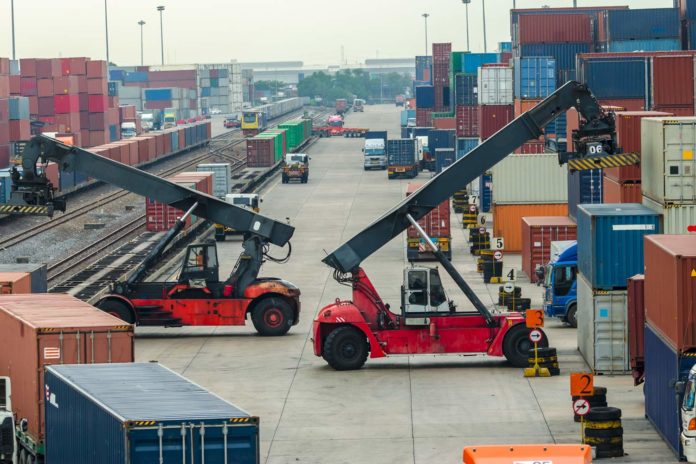The management of the Kaduna Inland Container Dryport has disclosed that the inability of the Nigerian Railway Corporation (NRC) to move cargoes from the Lagos seaport to the dryport has affected economic activities at the port.
The Managing Director of the Inland Container Nigeria Limited (ICNL), Mr Yusuf Ismail said freight cost of containers to the dryport by road from Lagos to Kaduna is taking toll on the business. He said freight cost has risen by 100 percent making the dryport uncompetitive.
“You know that it is a new business, unlike when it was a bonded terminal the processes are slightly different. The purpose of establishing an Inland Container Depots is to link these railway lines to the dry port so that the cost of transportation will be cheaper and will be better for the users of the port.
“But presently since the rail is not working we are forced to be using road and you know the condition of roads in Nigeria. We have lots of bad roads everywhere and cost of transportation has increased, cost of diesel has gone up. So definitely where you are supposed to spend N400,000 for 1 40ft container, you end up spending N800,000 so that is the limiting factor,” he told LEADERSHIP.
The ICNL MD stated further that the dryport is yet to be designated a port of origin and destination for cargoes. “Presently, we have not moved containers in the name of the dry port, what we have presently is bonded terminal and we have dry port by the side both will run simultaneously for some time before one will drop for the other.
“We are still discussing with the shipping companies and when we are done with whatever we are going through it will be smoother.” He acknowledged that since the dryport is the first to be operational in the country there would be teething problems which was what they are facing presently.
“Because dryport has never happened in this country before we are the one facing the challenges now but by the time others comes up we would have solved all te challenges and their won’t be anyone to face again”.
Speaking on the competiveness of the dryport to the seaport, Ismail said, “You need to discuss the cost of transportation from here to Kaduna then the ocean freight, the terminal charges in Lagos and the handling charges. “So, everything must be put together and then we will see whether it is cheaper for the users of the dryports before we will know the next step to take.
“Nobody will want to pay higher when you are seeing that the dryport make their cost of transportation cheaper and when you discover that it is not cheaper you will eventually want to go back to what you were doing before. All these things are what we are discussing with the shipping companies,” he concluded.










